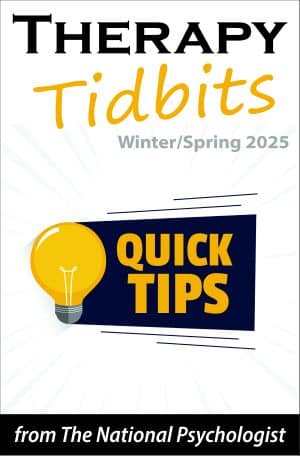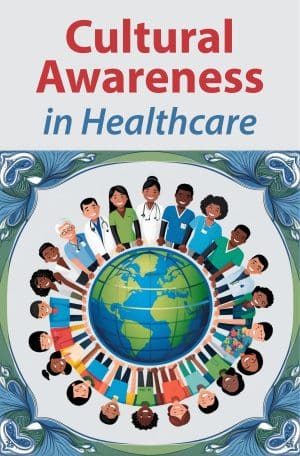- ADHD
- Adults
- Alternative Medicine
- Alzheimers & Aging
- Animal-Assisted Therapy
- Autism
- Behavior Therapy
- Child & Adolescent
- Closeout
- Communication
- Couples-Family-Parenting
- Cultural Diversity
- Depression & Anxiety
- Domestic Violence
- Ethics & Risk Management
- Gender Identity
- HIV-AIDS
- Human Trafficking
- Laws & Rules
- Medical Errors
- Mindfulness & Yoga
- Miscellaneous
- National Psychologist
- Nutrition & Fitness
- Pain Management
- Psychotherapy
- Sexuality
- Substance Abuse
- Suicide
- Supervision
- Trauma & PTSD
Aging: Challenges for Clinicians
Laura More, MSW, LCSW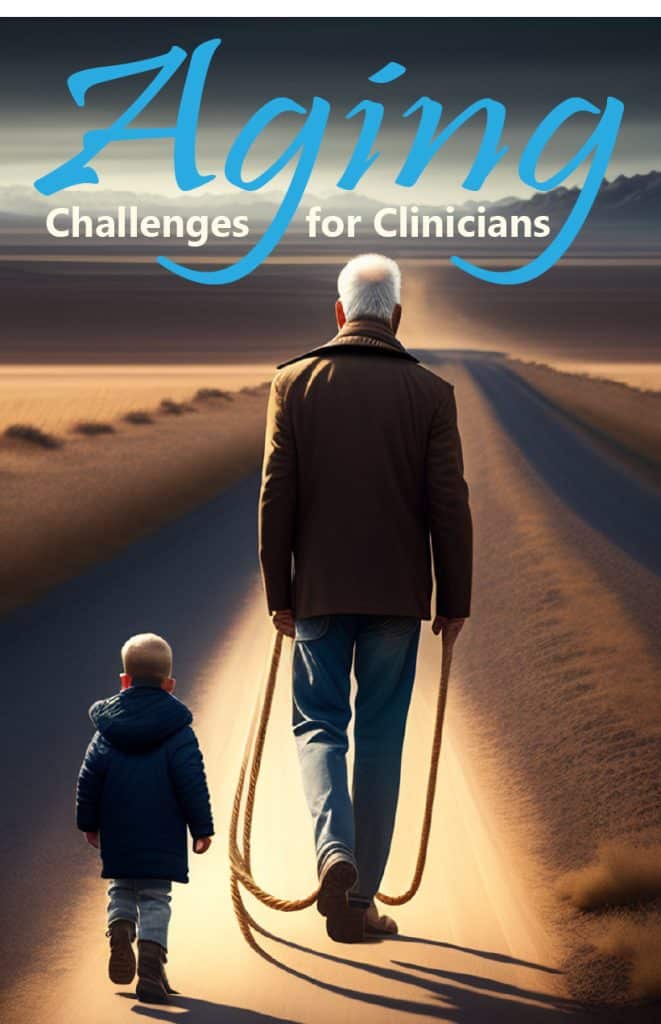
$39.00
 Introductory
Introductory
 Online
Online
Course Abstract
Aging: Challenges for Clinicians is a 3-hour online continuing education (CE) course that reviews the aging process, illustrating potential challenges and effective solutions.
There are proportionately more older adults living now than in previous generations due to the post-World War II baby boom. Americans are also living longer, well into their eighties, nineties, and beyond. In healthcare, the volume of older people may soon outnumber the supply of healthcare professionals trained in geriatrics. Therefore, it is vital that healthcare professionals be familiar with the challenges of aging if they are to effectively treat this population.
In section one, we review the physical changes that occur during the aging process and differentiate between normal changes, and symptoms that may indicate possible health issues. We discuss factors that can positively support a healthy lifestyle and offer a list of recommended health screenings and strategies for supporting patients.
Section two focuses on psychosocial issues faced by older adults and the factors that can affect them, including depression, suicide, sexuality, substance abuse, and physical abuse. The negative effect of stereotyping is also discussed. We consider how spirituality, building resilience, having a healthy social life, and having emotional support play a role in psychosocial health.
The cognitive changes of aging are explored in section three. Normal, age-related cognitive changes are compared to changes that indicate signs of dementia or Alzheimer’s disease. We review physical issues that directly affect an older person’s cognitive state and discuss subjective cognitive decline as one of the earliest warning signs of potential dementia. Strategies for maintaining and improving memory, as well as addressing behavior and cognitive issues, are touched on.
In section four, we look at the importance of communication in the patient/professional relationship and note strategies for supporting positive interactions and dialog. Section five provides an overview of the continuum of care for older adults and the challenges experienced by caregivers. A short list of available resources is provided at the end of the course and case examples are provided throughout.
Aging: Challenges for Clinicians – Outline
- Introduction: The Rising Tide of Aging Americans
- Section 1: Physical Changes in Aging
- Section 2: Psychosocial Issues in Aging
- Section 3: Cognitive Changes in Aging
- Section 4: Communicating with Elders
- Section 5: The Continuum of Care
- Section 6: Preparing the Workforce
- Conclusion
Course #31-51 | 2023 | 55 pages | 20 posttest questions
Learning Objectives
- Identify three strategies to assist older persons in the clinic or office
- List nine physical changes that affect people as they age
- Explain how negative aging stereotypes affect mental, physical, and cognitive health in older adults
- Discuss five ways in which psychosocial changes affect the older person
- Identify three signs or symptoms of cognitive decline
- List three options in the continuum of care for older adults
Course Directions
This online course provides instant access to the course materials (PDF download) and CE test. The course is text-based (reading) and the CE test is open-book (you can print the test to mark your answers on it while reading the course document).
Successful completion of this course involves passing an online test (80% required, 3 chances to take) and we ask that you also complete a brief course evaluation.
About the Author(s)
Laura More, MSW, LCSW : Find out More
Laura More, MSW, LCSW, is a healthcare author and licensed clinical social worker. Laura was one of the founding partners of Care2Learn, a provider of online continuing education courses for the post-acute healthcare industry. She now provides healthcare authoring services. She has authored over 120 online continuing education titles, co-authored evidence-based care assessment area resources and a book, The Licensed Practical Nurse in Long-term Care Field Guide. She is the recipient of the 2010 Education Award from the American College of Health Care Administrators.
Disclosure
Financial: Laura More receives author compensation from Professional Development Resources.
Nonfinancial: No relevant nonfinancial relationship exists.
CE Information
Counseling
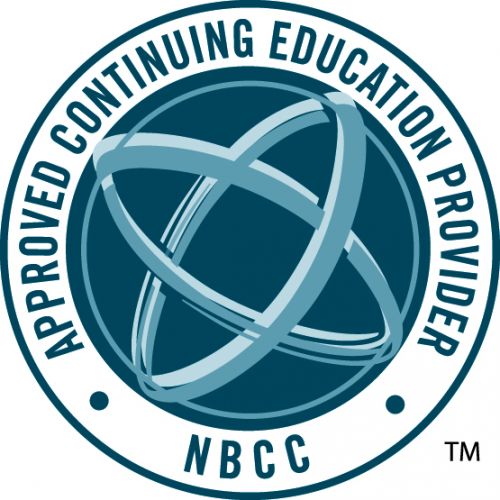
Professional Development Resources (PDR) has been approved by the National Board for Certified Counselors (NBCC) as an Approved Continuing Education Provider, ACEP No. 5590. Programs that do not qualify for NBCC credit are clearly identified. PDR is solely responsible for all aspects of the programs.
Professional Development Resources is CE Broker compliant (#50-1635 - all courses are reported within two business days of completion). Professional Development Resources, Inc. is recognized by the New York State Education Department’s State Board for Mental Health Practitioners as an approved provider of continuing education for licensed mental health counselors (#MHC-0135 - Note: New York counselors will receive 3 continuing education credits for completing this self-study course).
Marriage and Family Therapy
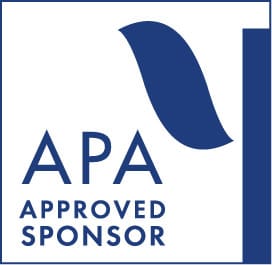
Professional Development Resources is approved by the American Psychological Association (APA) to sponsor continuing education for psychologists. Professional Development Resources maintains responsibility for this program and its content. Professional Development Resources is also approved by the National Board of Certified Counselors (NBCC ACEP #5590); the Association of Social Work Boards (ASWB #1046, ACE Program); the New York State Education Department's State Board for Mental Health Practitioners as an approved provider of continuing education for licensed marriage and family therapists (#MFT-0100 - Note: New York MFTs will receive 3 continuing education credit(s) for completing this self-study course); the Texas Board of Examiners of Marriage and Family Therapists (#114); and is CE Broker compliant (#50-1635 - all courses are reported within two business days of completion).
Occupational Therapy

Professional Development Resources is an AOTA Approved Provider of professional development. Course approval ID#8128. This distance learning-independent course is offered at 0.3 CEUs, introductory level, OT Service Delivery/Foundational Knowledge]. The assignment of AOTA CEUs does not imply endorsement of specific course content, products, or clinical procedures by AOTA.
Professional Development Resources is CE Broker compliant (#50-1635 - all courses are reported within two business days of completion).
Psychology

Professional Development Resources is approved by the American Psychological Association (APA) to sponsor continuing education for psychologists. Professional Development Resources maintains responsibility for this program and its content.
Professional Development Resources is CE Broker compliant (#50-1635 - all courses are reported within two business days of completion). Professional Development Resources, Inc. is recognized by the New York State Education Department’s State Board for Psychology as an approved provider of continuing education for licensed psychologists (#PSY-0145).
School Psychology

Professional Development Resources is approved by the American Psychological Association (APA) to sponsor continuing education for psychologists. Professional Development Resources maintains responsibility for this program and its content.
Professional Development Resources is CE Broker compliant (#50-1635 - all courses are reported within two business days of completion). Professional Development Resources, Inc. is recognized by the New York State Education Department’s State Board for Psychology as an approved provider of continuing education for licensed psychologists (#PSY-0145).
Speech Language Pathology
Introductory Level | 0.3 ASHA CEUs | ASHA credit is available until 9/30/2028. ASHA CEUs are awarded by the ASHA CE Registry upon receipt of the monthly completion report from the ASHA Approved CE Provider (#AAUM5184). Please note that the date that appears on ASHA transcripts is the last day of the month in which the course was completed.
Professional Development Resources is CE Broker compliant (#50-1635 - all courses are reported within two business days of completion).
ASHA CE Provider approval and use of the Brand Block does not imply endorsement of course content, specific products, or clinical procedures.
Social Work
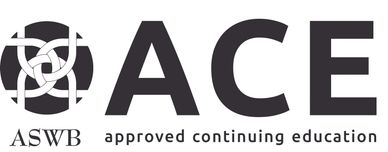
Professional Development Resources, #1046, is approved as an ACE provider to offer social work continuing education by the Association of Social Work Boards (ASWB) Approved Continuing Education (ACE) program. Regulatory boards are the final authority on courses accepted for continuing education credit. ACE provider approval period: 6/12/2022 - 6/12/2025. Social workers completing this course receive 3 clinical continuing education credits.
Professional Development Resources is CE Broker compliant (#50-1635 - all courses are reported within two business days of completion). Professional Development Resources, Inc. is recognized by the New York State Education Department's State Board for Social Work as an approved provider of continuing education for licensed social workers (#SW-0664 - Note: New York social workers will receive 3 continuing education credit(s) for completing this self-study course). Professional Development Resources is also approved by the Texas State Board of Social Worker Examiners (#5678).
Teaching
Professional Development Resources is approved by the American Psychological Association (APA) to sponsor continuing education for psychologists. Professional Development Resources maintains responsibility for all programs and content. Professional Development Resources is also approved by the National Board of Certified Counselors (NBCC ACEP #5590); the Association of Social Work Boards (ASWB Provider #1046, ACE Program); the Continuing Education Board of the American Speech-Language-Hearing Association (ASHA Provider #AAUM); the American Occupational Therapy Association (AOTA Provider #3159); the Commission on Dietetic Registration (CDR Prior Approval Program); the New York State Education Department’s State Board for Psychology as an approved provider of continuing education for licensed psychologists (#PSY-0145), State Board for Mental Health Practitioners as an approved provider of continuing education for licensed mental health counselors (#MHC-0135) and marriage and family therapists (#MFT-0100), and the State Board for Social Workers as an approved provider of continuing education for licensed social workers (#SW-0664); the Texas Board of Examiners of Marriage and Family Therapists (#114) and State Board of Social Worker Examiners (#5678); and is CE Broker compliant (#50-1635 - all courses are reported within two business days of completion).
Customer Testimonials
Great information and well presented
Wow, what an excellent coursel I really enjoyed the content and can see a multitude of advantages to taking this course. Not only from a clinical standpoint, in preparing a clinician who is transitioning to adult rehabilitation after many years with pediatrics, but also from an academic/student learning standpoint. As the internship coordinator at a University for our graduate speech-language pathology program, I can see this course being extremely helpful as students prepare for an internship experience within an adult inpatient rehabilitation or skilled nursing facility. I am absolutely referring this to my colleagues and students. I especially loved your details regarding discharge planning, a crucial aspect to any rehabilitation stay that is often times an afterthought.
Thank you for offering these short term ways of continuing education, which are a better fit for therapist's busy lives!
I think this health-care author was excellent!
This was a good basic overview of the aging process and how to best work with seniors.
More Testimonials
Very useful up-to-date information. Will keep course content as a reference.
Well organized and written.
Well presented in a concise direct style. Addressed issues not often addressed with the geriatric population. Good use of statistics throughout.
This is a topic area with which I am quite familiar. Good refresher, and I learned a few things too. Good course, especially for folks who do not regularly see older folks.
I enjoy taking courses from PDR as they are informative, concise, and well put together.
I like your courses. I always learn something. They are not overly pedantic, and the outlines, learning goals, and questions are clear and easy to follow.
Learned alot about MYSELF.
Enjoyed this course very much. Learned some new information that I can use in my personal life with aging parents as well as professionally
